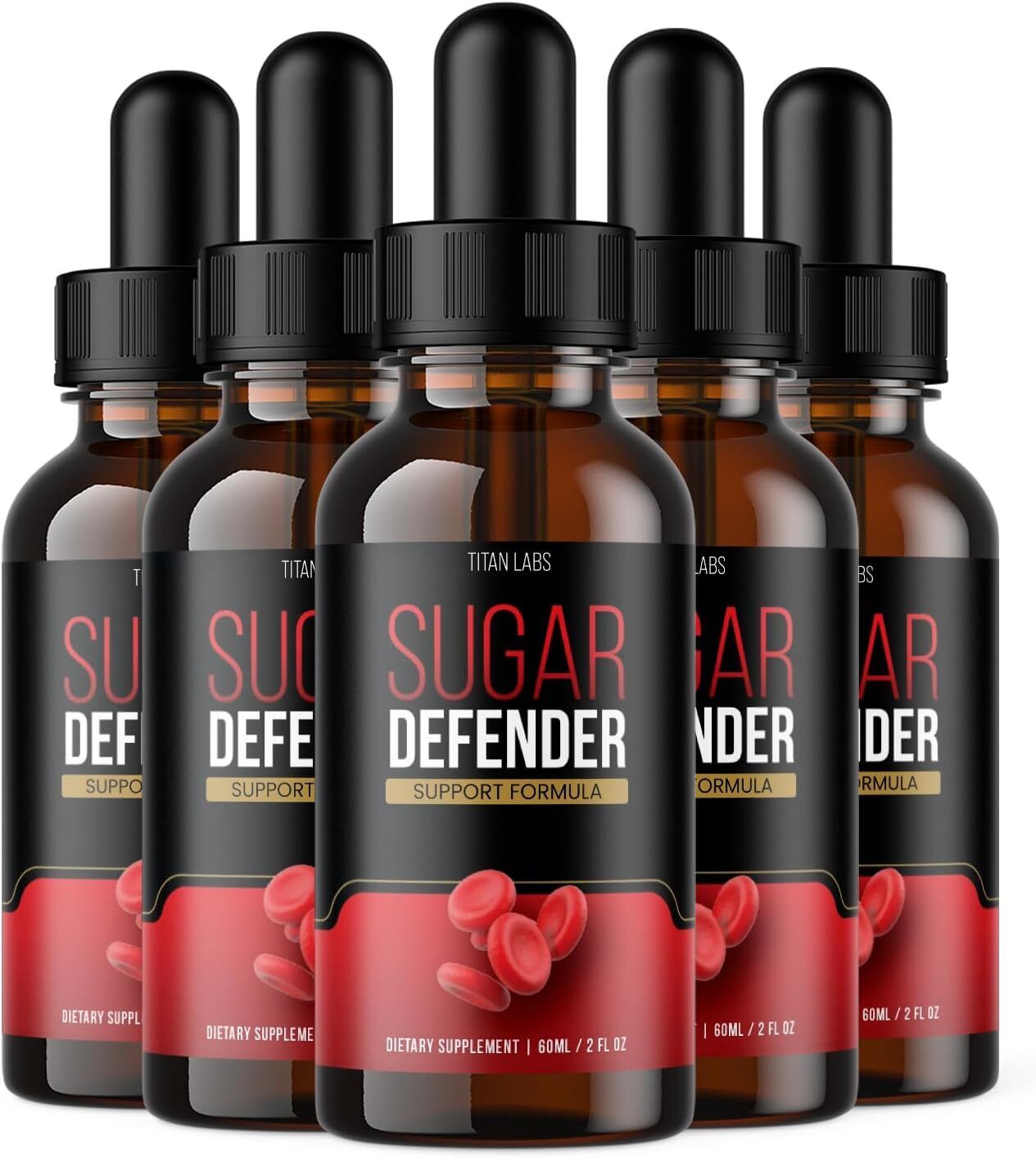Yes, maple syrup raises blood sugar levels. It contains natural sugars that affect glucose levels in the bloodstream.
Maple syrup is a popular natural sweetener, often used as an alternative to refined sugar. It is derived from the sap of maple trees and contains various nutrients, including antioxidants, vitamins, and minerals. Despite these health benefits, maple syrup is high in natural sugars, specifically sucrose.
Consuming it can cause a spike in blood sugar levels. This is important for individuals managing diabetes or monitoring their glucose intake. Understanding the impact of maple syrup on blood sugar can help in making informed dietary choices. Always consult with a healthcare provider for personalized advice.
Introduction To Maple Syrup
Maple syrup is a sweet liquid made from maple tree sap. It is a popular topping for pancakes and waffles. People also use it as a natural sweetener.
Origins And Production
Maple syrup comes from the sap of maple trees. Farmers collect the sap in early spring. They then boil the sap to remove water. This makes the syrup thick and sweet.
Maple trees grow in cold climates. Most maple syrup comes from Canada and the northern United States. The process of making maple syrup is simple but takes time.
Nutritional Content Overview
Maple syrup contains many important nutrients. These include:
- Calories: 52 per tablespoon
- Sugar: 12 grams per tablespoon
- Minerals: Calcium, potassium, iron, zinc, and manganese
Maple syrup also has small amounts of vitamins. These include B2 (riboflavin) and B5 (pantothenic acid).
Maple syrup is natural but still a sugar. It can raise blood sugar levels. People with diabetes should be careful.
Comparing Sweeteners
Choosing the right sweetener can be confusing. People often wonder if maple syrup raises blood sugar like refined sugar. This section compares different sweeteners to help you make informed choices.
Maple Syrup Vs. Refined Sugar
Maple syrup is a natural sweetener. It comes from the sap of maple trees. Refined sugar, on the other hand, is processed from sugar cane or sugar beets. Both sweeteners contain sugars, but they have different effects on blood sugar levels.
| Sweetener | Source | Processing | Glycemic Index |
|---|---|---|---|
| Maple Syrup | Maple Tree Sap | Minimal | 54 |
| Refined Sugar | Sugar Cane or Beets | High | 65 |
Maple syrup has a lower glycemic index than refined sugar. This means it raises blood sugar levels more slowly. For people managing blood sugar, maple syrup can be a better option.
Natural Vs. Artificial Sweeteners
Natural sweeteners like maple syrup and honey come from plants. They contain vitamins and minerals in small amounts. Artificial sweeteners are man-made. Examples include aspartame and sucralose.
- Natural Sweeteners:
- Maple Syrup
- Honey
- Agave Nectar
- Artificial Sweeteners:
- Aspartame
- Sucralose
- Saccharin
Natural sweeteners can raise blood sugar levels. Artificial sweeteners do not affect blood sugar. But, their long-term effects are still debated. Many people prefer natural sweeteners for their taste and minimal processing.
Blood Sugar Basics
Many wonder if maple syrup raises blood sugar. Understanding blood sugar helps answer this. Blood sugar levels can affect your health. Knowing what you eat is vital.
Understanding Glycemic Index
The Glycemic Index (GI) measures how carbs affect blood sugar. Foods with high GI increase blood sugar quickly. Foods with low GI raise it slowly. Maple syrup has a moderate GI.
| Food | Glycemic Index |
|---|---|
| White Bread | 75 |
| Maple Syrup | 54 |
| Oatmeal | 55 |
Look at the table. Notice maple syrup’s GI. It is lower than white bread. But it is close to oatmeal. Eating low GI foods helps keep blood sugar stable.
How The Body Processes Sugar
The body breaks down sugar into glucose. Glucose enters the bloodstream. Insulin helps cells use glucose for energy. Too much glucose can harm the body.
Maple syrup has natural sugars. The body processes these sugars quickly. This can cause a spike in blood sugar. It’s important to eat maple syrup in moderation.
- Natural sugars
- Glucose production
- Insulin response
Balanced meals help manage blood sugar. Combine maple syrup with fiber and protein. This slows sugar absorption.

Credit: www.pinterest.com
Maple Syrup And Glycemic Impact
Maple syrup is a natural sweetener made from the sap of maple trees. Many wonder if it raises blood sugar levels. This section explores the glycemic impact of maple syrup.
Glycemic Index Of Maple Syrup
The glycemic index (GI) measures how quickly foods raise blood sugar. Foods with a high GI raise blood sugar quickly. Foods with a low GI raise blood sugar slowly.
Maple syrup has a medium glycemic index. Its GI value is around 54. This is lower than table sugar, which has a GI of about 65.
Here is a comparison of the GI values:
| Sweetener | Glycemic Index |
|---|---|
| Maple Syrup | 54 |
| Table Sugar | 65 |
| Honey | 58 |
| Agave Nectar | 19 |
Factors Influencing Blood Sugar Levels
Several factors affect how maple syrup impacts blood sugar:
- Quantity: Eating large amounts raises blood sugar more.
- Combination: Mixing with other foods can slow sugar absorption.
- Individual Differences: People respond differently to the same foods.
Combining maple syrup with fiber-rich foods helps. It slows sugar absorption and reduces spikes.
Here are some tips to manage blood sugar when consuming maple syrup:
- Use maple syrup sparingly.
- Pair with whole grains or protein.
- Monitor blood sugar levels regularly.
By considering these factors, you can enjoy maple syrup responsibly. This ensures stable blood sugar levels.
Health Benefits Of Maple Syrup
Maple syrup is not just a sweet treat. It offers some health benefits too. This natural sweetener contains several nutrients that can be good for your body. Below, we explore some key health benefits of maple syrup.
Antioxidant Properties
Maple syrup contains antioxidants. Antioxidants help fight free radicals in the body. Free radicals can cause cell damage. By fighting free radicals, antioxidants can help keep you healthy.
Maple syrup has more antioxidants than sugar. It also contains polyphenols. Polyphenols are a type of antioxidant. They may help reduce inflammation in the body.
Potential Benefits For Metabolic Health
Maple syrup has a lower glycemic index than sugar. This means it raises blood sugar more slowly. A slower rise in blood sugar is better for metabolic health. It can help keep energy levels stable.
Maple syrup also contains minerals. These minerals include zinc and manganese. Zinc helps boost the immune system. Manganese supports bone health.
| Maple Syrup | White Sugar |
|---|---|
| Lower Glycemic Index | Higher Glycemic Index |
| Contains Antioxidants | No Antioxidants |
| Provides Minerals | No Minerals |
Incorporating maple syrup in moderation can be beneficial. Choose pure maple syrup for the best health benefits.
Considerations For Diabetics
For diabetics, understanding how foods affect blood sugar is crucial. Maple syrup, a natural sweetener, can have significant implications. This section explores these considerations for diabetics.
Maple Syrup In A Diabetic Diet
Maple syrup has natural sugars. These can raise blood sugar levels quickly. Diabetics must be cautious when consuming it. Unlike artificial sweeteners, maple syrup has nutrients. It contains zinc, manganese, and antioxidants. But the sugar content remains high. Here is a table to compare the sugar content of maple syrup to other common sweeteners:
| Sweetener | Sugar Content per 1 Tbsp |
|---|---|
| Maple Syrup | 13.4 grams |
| Honey | 17.3 grams |
| Agave Nectar | 16 grams |
| White Sugar | 12.6 grams |
Diabetics should use maple syrup sparingly. Consider using it as a treat, not a daily addition. Pairing it with high-fiber foods can help slow the sugar absorption. Always choose pure maple syrup over processed versions. The latter often contain added sugars.
Monitoring And Managing Blood Sugar
Regular blood sugar monitoring is vital. Diabetics should check their levels before and after consuming maple syrup. This helps in understanding the body’s response. Consuming maple syrup in small amounts is key. Here are some tips for managing blood sugar:
- Check blood sugar levels frequently.
- Limit maple syrup to small portions.
- Pair maple syrup with high-fiber foods.
- Stay hydrated to help manage blood sugar spikes.
Maintaining a balanced diet is essential. Include plenty of vegetables, lean proteins, and whole grains. Regular exercise can also help regulate blood sugar levels. Consult a healthcare provider for personalized advice. They can help create a diet plan that includes maple syrup safely.
Making Smart Choices
Maple syrup is a popular sweetener. Many people love its rich taste. But does it raise blood sugar? Let’s explore how to make smart choices.
Portion Control And Frequency
Eating too much maple syrup can raise blood sugar levels. Use small portions to reduce this risk. A spoonful is often enough to sweeten foods.
Frequency matters too. Don’t eat maple syrup every day. Enjoy it once in a while. This helps keep blood sugar levels steady.
Alternative Sweeteners And Substitutes
There are many other sweeteners to consider. Some have a lower impact on blood sugar. Here are some options:
- Stevia: A natural sweetener with zero calories.
- Erythritol: A sugar alcohol that doesn’t spike blood sugar.
- Monk Fruit: Another natural sweetener with no calories.
These alternatives can be better for blood sugar control. They offer sweetness without the spike.
| Sweetener | Calories | Glycemic Index |
|---|---|---|
| Maple Syrup | 52 per tablespoon | 54 |
| Stevia | 0 | 0 |
| Erythritol | 0.24 per gram | 1 |
| Monk Fruit | 0 | 0 |
Making smart choices about sweeteners can help manage blood sugar. Choose wisely for better health.

Credit: www.signos.com
Frequently Asked Questions
Which Is Better For Diabetics Honey Or Maple Syrup?
Honey and maple syrup both raise blood sugar levels. Maple syrup has a lower glycemic index than honey. Diabetics should consume both in moderation and consult their doctor.
Is Maple Syrup As Inflammatory As Sugar?
Maple syrup is less inflammatory than refined sugar. It contains antioxidants and minerals, which may reduce inflammation.
Does Maple Syrup Count Towards Daily Sugar Intake?
Yes, maple syrup counts towards daily sugar intake. It contains natural sugars that contribute to your overall consumption.
Does Maple Syrup Have A High Glycemic Load?
Yes, maple syrup has a moderate glycemic load. It raises blood sugar levels but less than refined sugar.
Does Maple Syrup Affect Blood Sugar?
Yes, maple syrup raises blood sugar levels due to its natural sugars.
Is Maple Syrup A Healthier Option?
Maple syrup has nutrients, but it still affects blood sugar.
How Does Maple Syrup Compare To Sugar?
Maple syrup has a lower glycemic index than table sugar.
Can Diabetics Consume Maple Syrup?
Diabetics should consult their doctor before consuming maple syrup.
Conclusion
Maple syrup can raise blood sugar levels, but it’s a natural alternative to refined sugar. Moderation is key. Always monitor your blood sugar levels if you’re diabetic. Pairing maple syrup with fiber and protein can help manage spikes. Enjoy its flavor responsibly for a balanced diet.





Leave a Reply